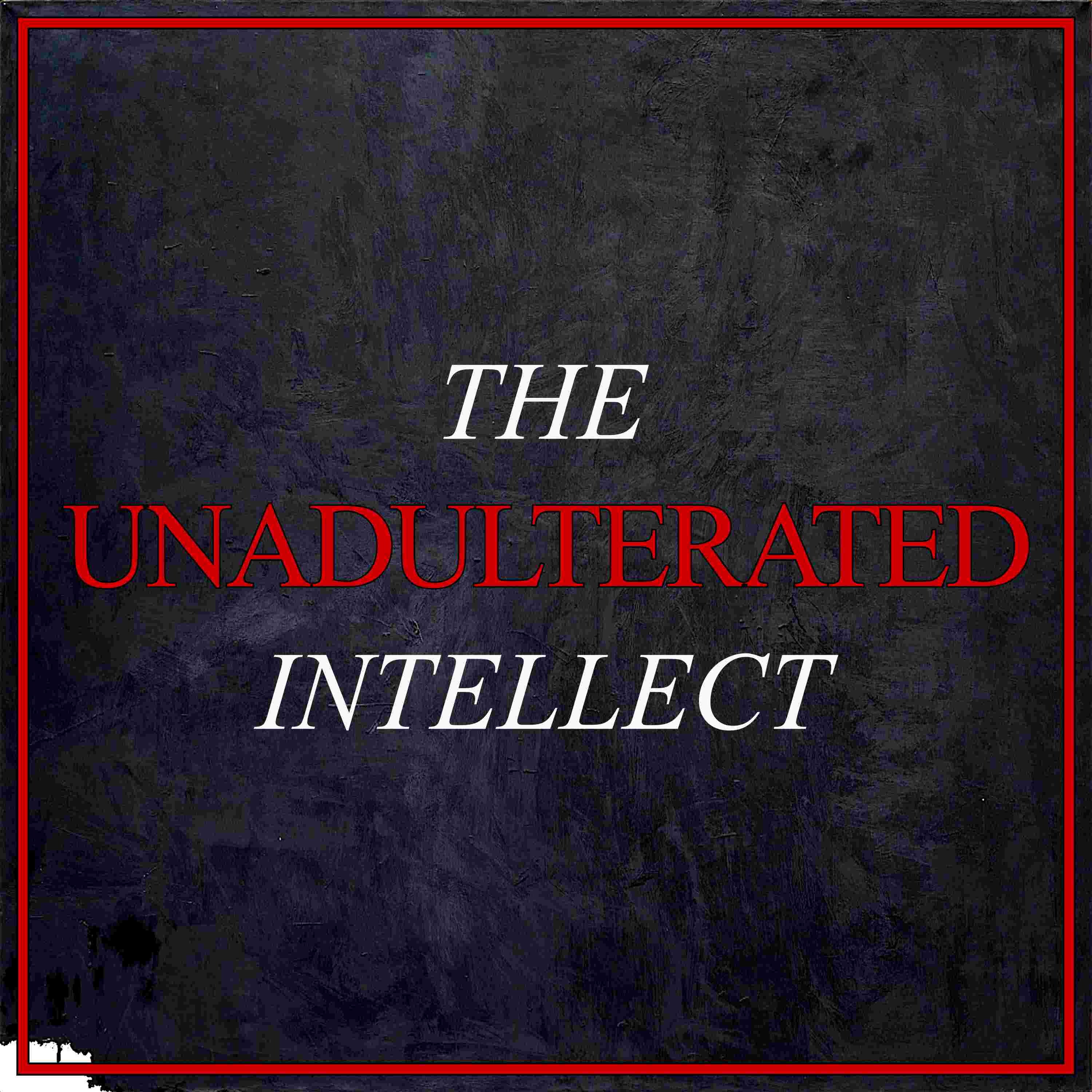

John Joseph Hopfield (born July 15, 1933) is an American scientist most widely known for his invention of an associative neural network in 1982. It is now more commonly known as the Hopfield network.
Hopfield was born in 1933 to Polish physicist John Joseph Hopfield and physicist Helen Hopfield. Helen was the older Hopfield's second wife. He is the sixth of Hopfield's children and has three children and six grandchildren of his own.
He received his A.B. from Swarthmore College in 1954, and a Ph.D. in physics from Cornell University in 1958 (supervised by Albert Overhauser). He spent two years in the theory group at Bell Laboratories, and subsequently was a faculty member at University of California, Berkeley (physics), Princeton University (physics), California Institute of Technology (chemistry and biology) and again at Princeton, where he is the Howard A. Prior Professor of Molecular Biology, emeritus. For 35 years, he also continued a strong connection with Bell Laboratories.
In 1986 he was a co-founder of the Computation and Neural Systems PhD program at Caltech.
His most influential papers have been "The Contribution of Excitons to the Complex Dielectric Constant of Crystals" (1958), describing the polariton; "Electron transfer between biological molecules by thermally activated tunneling" (1974), describing the quantum mechanics of long-range electron transfers; "Kinetic Proofreading: a New Mechanism for Reducing Errors in Biosynthetic Processes Requiring High Specificity" (1974); "Neural networks and physical systems with emergent collective computational abilities" (1982) (known as the Hopfield Network) and, with D. W. Tank, "Neural computation of decisions in optimization problems" (1985). His current research and recent papers are chiefly focused on the ways in which action potential timing and synchrony can be used in neurobiological computation.
CHAPTERS:
(00:00) Intro
(06:00) Artificial Neural Networks and Speech Processing
(01:04:19) Q&A
--- Support this podcast: https://podcasters.spotify.com/pod/show/theunadulteratedintellect/support